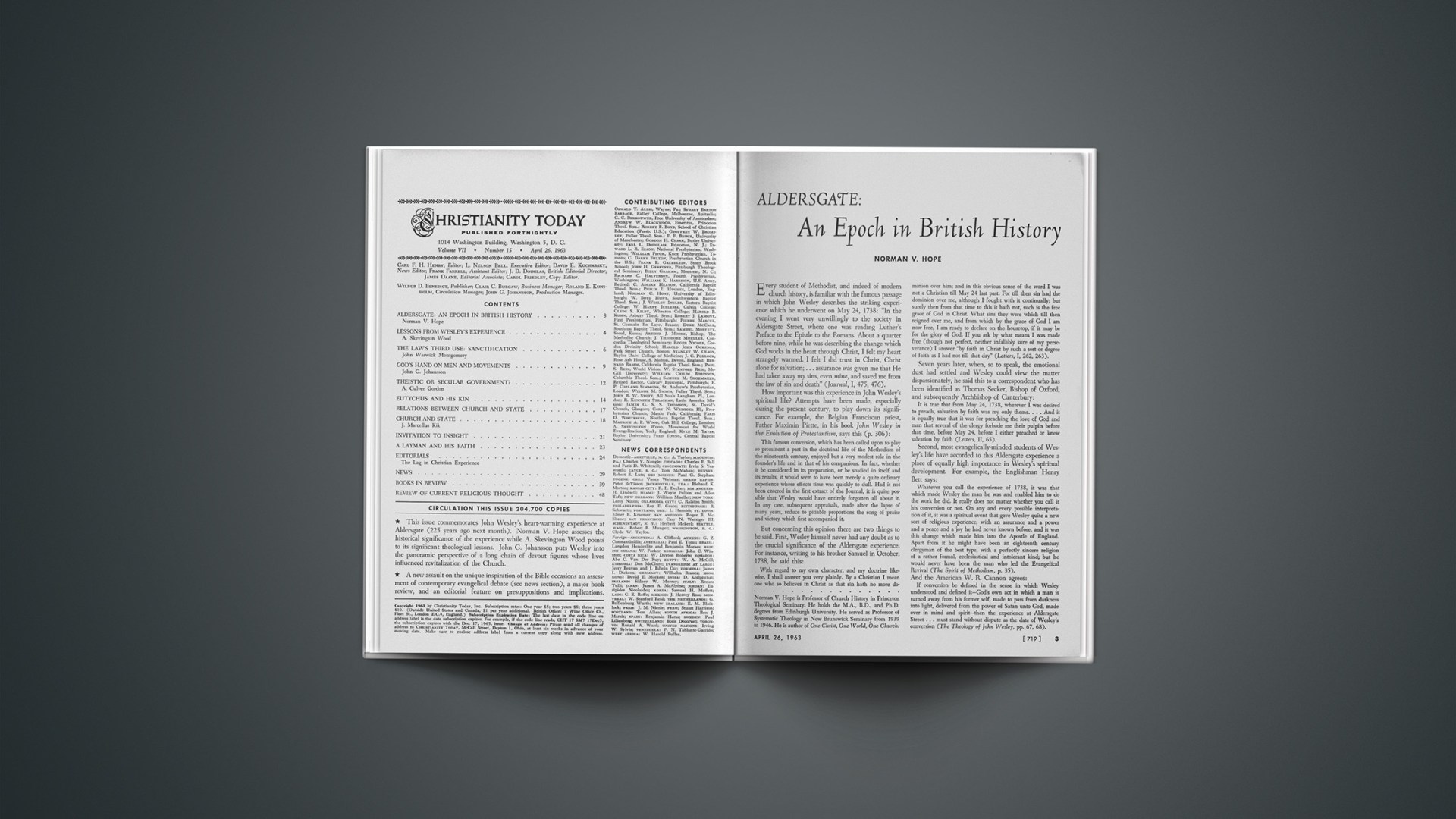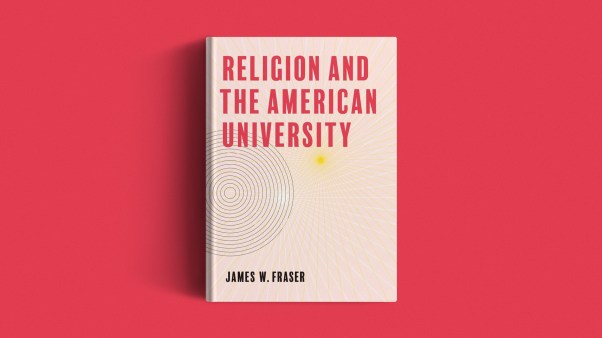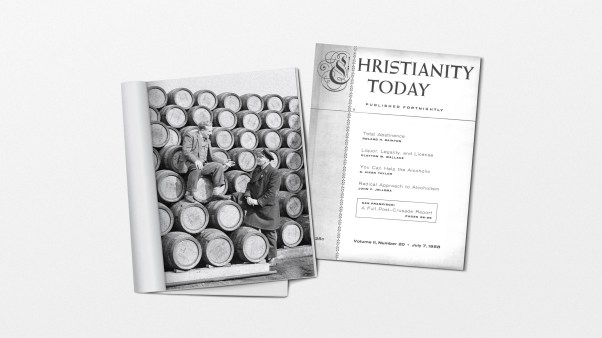Every student of Methodist, and indeed of modern church history, is familiar with the famous passage in which John Wesley describes the striking experience which he underwent on May 24, 1738: “In the evening I went very unwillingly to the society in Aldersgate Street, where one was reading Luther’s Preface to the Epistle to the Romans. About a quarter before nine, while he was describing the change which God works in the heart through Christ, I felt my heart strangely warmed. I felt I did trust in Christ, Christ alone for salvation; … assurance was given me that He had taken away my sins, even mine, and saved me from the law of sin and death” (Journal, I, 475, 476).
How important was this experience in John Wesley’s spiritual life? Attempts have been made, especially during the present century, to play down its significance. For example, the Belgian Franciscan priest, Father Maximin Piette, in his book John Wesley in the Evolution of Protestantism, says this (p. 306):
This famous conversion, which has been called upon to play so prominent a part in the doctrinal life of the Methodism of the nineteenth century, enjoyed but a very modest role in the founder’s life and in that of his companions. In fact, whether it be considered in its preparation, or be studied in itself and its results, it would seem to have been merely a quite ordinary experience whose effects time was quickly to dull. Had it not been entered in the first extract of the Journal, it is quite possible that Wesley would have entirely forgotten all about it. In any case, subsequent appraisals, made after the lapse of many years, reduce to pitiable proportions the song of praise and victory which first accompanied it.
But concerning this opinion there are two things to be said. First, Wesley himself never had any doubt as to the crucial significance of the Aldersgate experience. For instance, writing to his brother Samuel in October, 1738, he said this:
With regard to my own character, and my doctrine likewise, I shall answer you very plainly. By a Christian I mean one who so believes in Christ as that sin hath no more dominion over him; and in this obvious sense of the word I was not a Christian till May 24 last past. For till then sin had the dominion over me, although I fought with it continually; but surely then from that time to this it hath not, such is the free grace of God in Christ. What sins they were which till then reigned over me, and from which by the grace of God I am now free, I am ready to declare on the housetop, if it may be for the glory of God. If you ask by what means I was made free (though not perfect, neither infallibly sure of my perseverance) I answer “by faith in Christ by such a sort or degree of faith as I had not till that day” (Letters, I, 262, 263).
Seven years later, when, so to speak, the emotional dust had settled and Wesley could view the matter dispassionately, he said this to a correspondent who has been identified as Thomas Secker, Bishop of Oxford, and subsequently Archbishop of Canterbury:
It is true that from May 24, 1738, wherever I was desired to preach, salvation by faith was my only theme.… And it is equally true that it was for preaching the love of God and man that several of the clergy forbade me their pulpits before that time, before May 24, before I either preached or knew salvation by faith (Letters, II, 65).
Second, most evangelically-minded students of Wesley’s life have accorded to this Aldersgate experience a place of equally high importance in Wesley’s spiritual development. For example, the Englishman Henry Bett says:
Whatever you call the experience of 1738, it was that which made Wesley the man he was and enabled him to do the work he did. It really does not matter whether you call it his conversion or not. On any and every possible interpretation of it, it was a spiritual event that gave Wesley quite a new sort of religious experience, with an assurance and a power and a peace and a joy he had never known before, and it was this change which made him into the Apostle of England. Apart from it he might have been an eighteenth century clergyman of the best type, with a perfectly sincere religion of a rather formal, ecclesiastical and intolerant kind; but he would never have been the man who led the Evangelical Revival (The Spirit of Methodism, p. 35).
And the American W. R. Cannon agrees:
If conversion be defined in the sense in which Wesley understood and defined it—God’s own act in which a man is turned away from his former self, made to pass from darkness into light, delivered from the power of Satan unto God, made over in mind and spirit—then the experience at Aldersgate Street … must stand without dispute as the date of Wesley’s conversion (The Theology of John Wesley, pp. 67, 68).
But exactly what was the nature of this Aldersgate experience? Dr. Umphrey Lee contends that “attempts to interpret that experience as an evangelical conversion which transformed Wesley from a sinner to a saint, or from a naturalistic humanist to a Christian, are in contradiction to Wesley’s own judgment and misreadings of the facts” (John Wesley and Modern Religion, pp. 101, 102). Certainly there can be no doubt that Wesley had been devoutly religious, at least since 1725. He not only had become an ordained clergyman of the Church of England but also had lived a life which was in many ways exemplary in devotional practice. For example, at Oxford University he was a member of the so-called Holy Club, whose practices included regular attendance at public worship and weekly partaking of the Lord’s Supper, regular meetings for prayer and Bible study, visitation of the sick and prisoners, and the organization of classes for poor children. And in 1735 he had volunteered to go out to Georgia as a missionary of the Society for the Propagation of the Gospel. What difference, then, did Aldersgate make to Wesley’s spiritual life? Dr. Maldwyn Edwards gives this answer:
Despite the exceptional quality of his Christian living he did not (before this event) know peace of mind or release of spirit. Consequently he had neither a sense of acceptance with God, nor a sense of power. Upon his conversion, however, he had deliverance and assurance and strength. He expressed it in his own words as he ruminated on his conversion experience. “Herein I found where the difference between this and my former state chiefly consisted. I was striving, yea fighting, with all my might under the law, as well as under grace. But then I was sometimes, if not often, conquered: now I am always conqueror” (Journal, I, 477) (The Astonishing Youth, pp. 81, 82).
What Edwards says is undoubtedly true. But perhaps a more intelligible explanation is this: whereas before Aldersgate Wesley had known God only at secondhand, now he knew him at firsthand, in personal encounter and living experience. What had hitherto been a matter of intellectual belief now became a living reality, renewing Wesley in his inmost being and giving him both an assurance and a power which hitherto he had lacked. This helps to explain Wesley’s own description of this experience, namely, that he had passed from the state of a slave and a servant to that of a son. Bishop Francis J. McConnell rightly says that “this is the heart of it all, and this is the heart of the Gospel” (John Wesley, p. 63). This kindling and renewing experience Wesley simply could not keep to himself: he had to tell it abroad far and wide so that as many others as possible might be persuaded to enjoy it for themselves. Hence the great missionary crusades which Wesley conducted for the rest of his life, which changed the face of England religiously and founded the great Methodist Church. So the secular historian W. E. H. Lecky is not exaggerating when he says that “the scene which took place at that humble meeting in Aldersgate Street forms an epoch in English history” (England in the 18th Century, II, 558).
END










